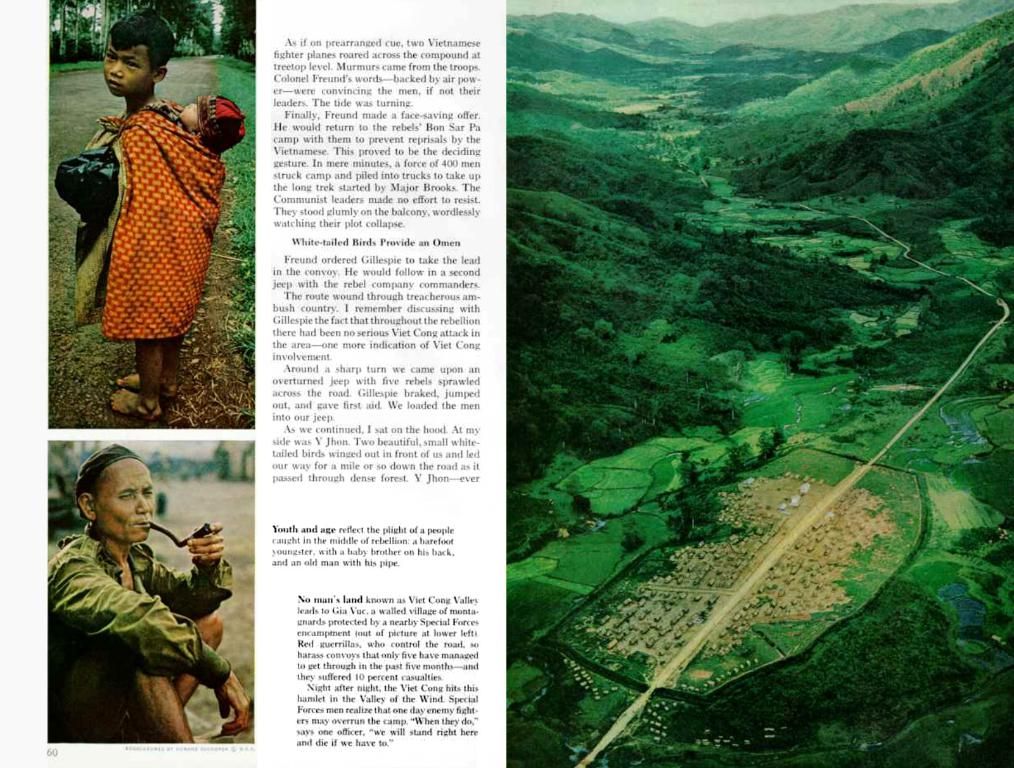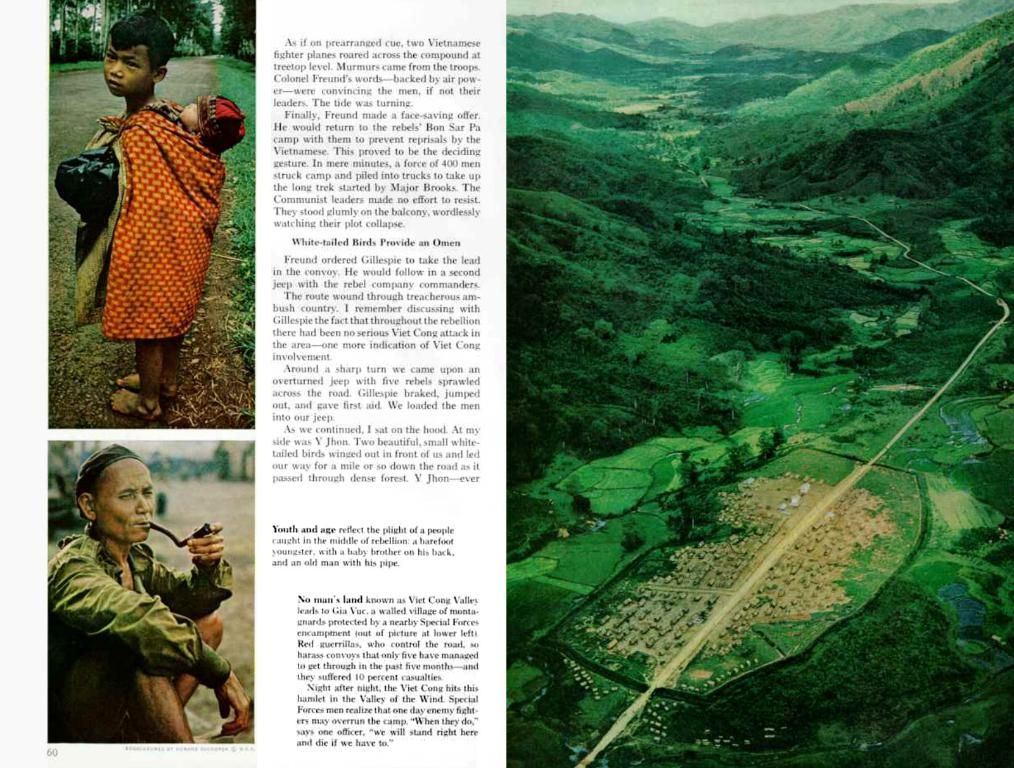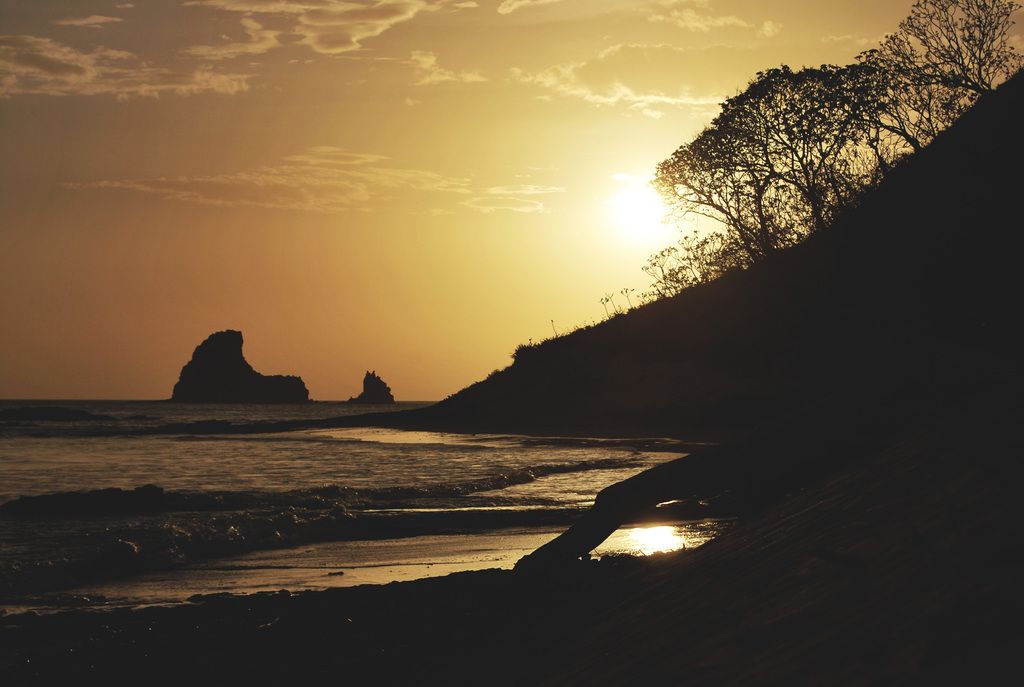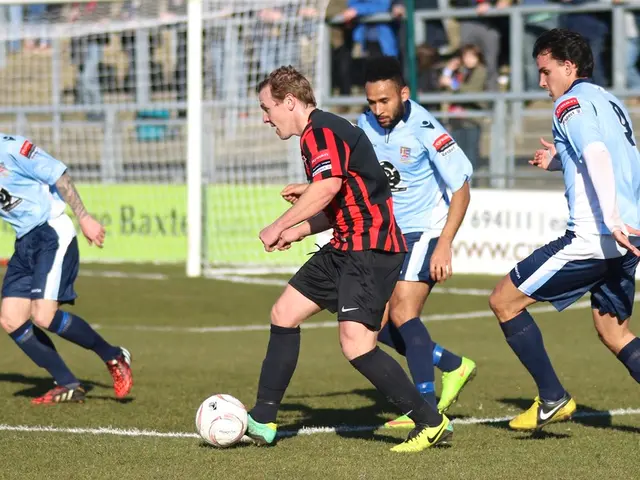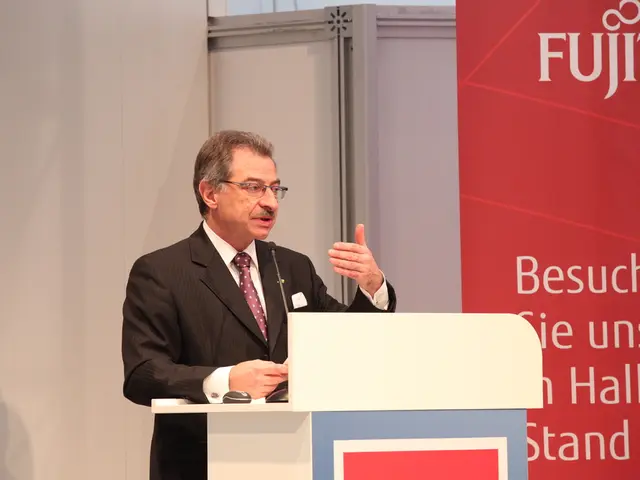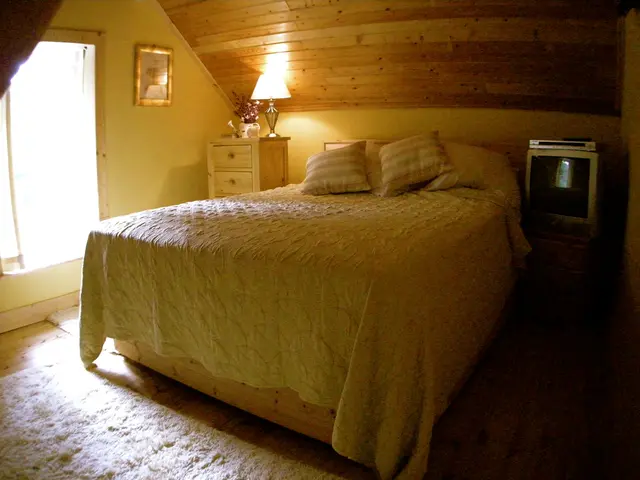Introducing the Unbreakable Spirit: Amputee Football Association Transforms Lives in Sierra Leone
Founded by Pastor Mambud Samai in 2001, the Single Leg Amputee Sports Association (SLASA) is an organization that was born from the ashes of Sierra Leone's brutal civil war, which lasted from 1991-2002 and claimed the lives of at least 50,000 people and left countless others maimed by a brutal operation.
After witnessing the plight of amputees in a refugee camp, Samai felt compelled to help. With little to no resources for trauma rehabilitation, amputees often felt they had no future or hope if they had lost limbs. Samai volunteered to help restore their confidence, and during his time in the camp, he was introduced to the concept of adaptive football - a sport that allowed amputees to play without prosthetics. Intrigued by the potential of this sport to bring hope and healing, SLASA was born.
The sport of adaptive football has proven to be a life-changing opportunity for many in Sierra Leone, with players forgoing prosthetics and using crutches to compete. Each team fields seven players, with field players having only one leg and the goalkeeper having only one arm. The sport has given many a sense of purpose and pride in representing their country at international events, including the World Championship in Amputee Football, the Amputee Africa Cup of Nations, and the European Amputee Football Open.
"The majority of them are now very proud to represent their country at international events," Samai said. "They contribute to society."
For Samai, adaptive football is more than just a physical pastime; it's a form of therapy that brings players together, helping them to heal from the shared trauma of war and finding solidarity in their shared experiences.
"We try to give them hope and then convince them that they are useful and important for society," Samai explained.
Ali Badala Kamara, a goalkeeper in the SLASA league, is grateful for the opportunities afforded to him through the sport. "My mother was afraid for me to play football because she thought I would fall and have other problems," he said. "But SLASA took me to Ghana, Kenya, and Tanzania."
With more than 80 million people with disabilities living on the African continent, many face obstacles to employment and have to resort to begging on the streets. With limited resources and assistance, it can be difficult for people with disabilities to find work and support themselves and their families.
Following the lead of SLASA, Samai has embarked on a new mission: to help amputees outside of the sport.
"My passion is to ensure that every life, regardless of ability or background, can lead a fulfilling life and smile at the end of the day," Samai said.
To achieve this goal, SLASA has partnered with organizations like SwissLimbs to provide prosthetics and train local technicians. Additionally, Samai has studied sustainable agriculture and community development in Japan and now offers SLASA courses in this area.
SLASA also focuses on the education and employment of its players, providing education resources and working to help more amputees transition into the workforce.
"SLASA has helped over 350 amputees directly and hopes to increase that number," Samai said. "Our ultimate goal is the construction of our own regular playing field and rehabilitation center."
At its core, SLASA is a testament to the indomitable spirit of its players, who have overcome unimaginable hardships to find hope and healing through the sport of adaptive football.
Beyond the Field: Supports for Amputee Football Players
To further support amputee football players outside of the sport, SLASA could focus on several key areas:
- Physical therapy and rehabilitation collaborations with clinics or organizations that specialize in prosthetic care and rehabilitation can provide essential support, offering access to sessions, prosthetics, and rehabilitation programs.
- Education and employment support partnerships with educational institutions or organizations that provide vocational training help amputee football players transition into civilian life, offering them programs in computer skills, entrepreneurship, or vocational training.
- Healthcare services that ensure players have access to regular medical check-ups, mental health support, and necessary medical interventions.
- Community integration through collaborations with community organizations to promote social inclusion and integrate amputee football players back into their communities.
- Psychological support through partnerships with mental health professionals can help players cope with the physical and emotional challenges of being an amputee athlete.
- Prosthetic limb provision and collaborations with organizations that provide prosthetics and assistive devices to ensure players have the necessary equipment to participate in sports and daily activities.
- Nutrition and wellness programs that offer support for players to maintain a healthy lifestyle, which is crucial for their overall well-being and performance.
- Advocacy and awareness efforts to promote inclusion and accessibility in sports, working with local media, government agencies, and international organizations to emphasize the capabilities and challenges faced by amputee athletes.
Although specific programs and partnerships are not detailed in the provided sources, these strategies could be implemented to further support and rehabilitate amputee football players outside of the sport.
Sources:

